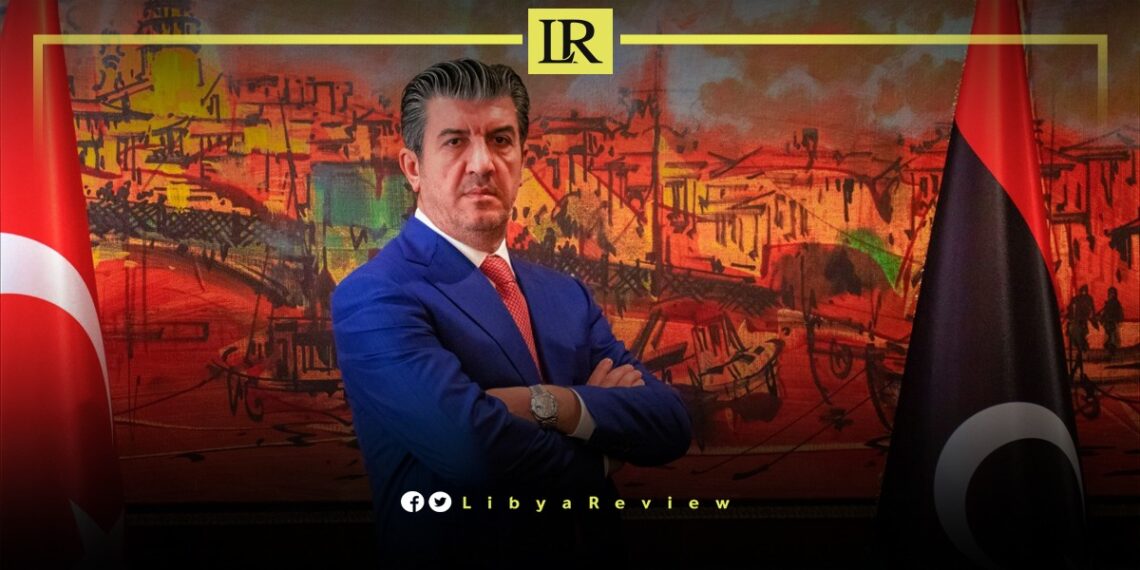Murtaza Karanfil, the Head of the Turkish-Libyan Business Council under Turkey’s Foreign Economic Relations Board (DEIK), announced plans to make Libya a central hub in transit trade.
The statement came after Karanfil was re-elected for the third consecutive term, emphasizing the strategic significance of Libya for Turkey, and noting Libya’s advantageous position near Europe and the heart of Africa.
Karanfil outlined future goals, including establishing a public-private partnership in the construction sector, implementing a barter system in trade, creating new cooperative opportunities, making Libya a central state in transit trade, and supplying products to African countries.
He also mentioned efforts to ease visa requirements in tourism and health sectors, highlighting the positive impacts these changes could bring to both Libya and Turkey.
In December, Turkish Defense Minister, Yasar Guler expressed his commitment to restoring security, stability, and tranquility in Libya. He emphasized Ankara’s steadfast support for the Libyan people, aiming to ensure the unity of their territory.
Speaking to the Turkish channel “TRT World,” Guler stated, “Our goal is to contribute to a unified Libya, achieving the safety of its territory and political unity, and to live in peace, tranquility, and stability.”
He added that intensive efforts are being made to create an environment of peace, calm, and confidence in Libya.
Guler claimed Turkey as the first country to extend assistance to Libya, in the aftermath of storm Daniel.
He affirmed that the cooperation between Turkey and Libya has steadily grown in recent years. Ankara has trained over 15,000 Libyan employees, and provided healthcare support to another 37,000.
Libya has been in chaos since a NATO-backed uprising toppled longtime leader Muammar Gaddafi in 2011. The county has for years been split between rival administrations.
Libya’s economy, heavily reliant on oil, has suffered due to the ongoing conflict. The instability has led to fluctuations in oil production and prices, impacting the global oil market and Libya’s economy.

